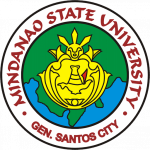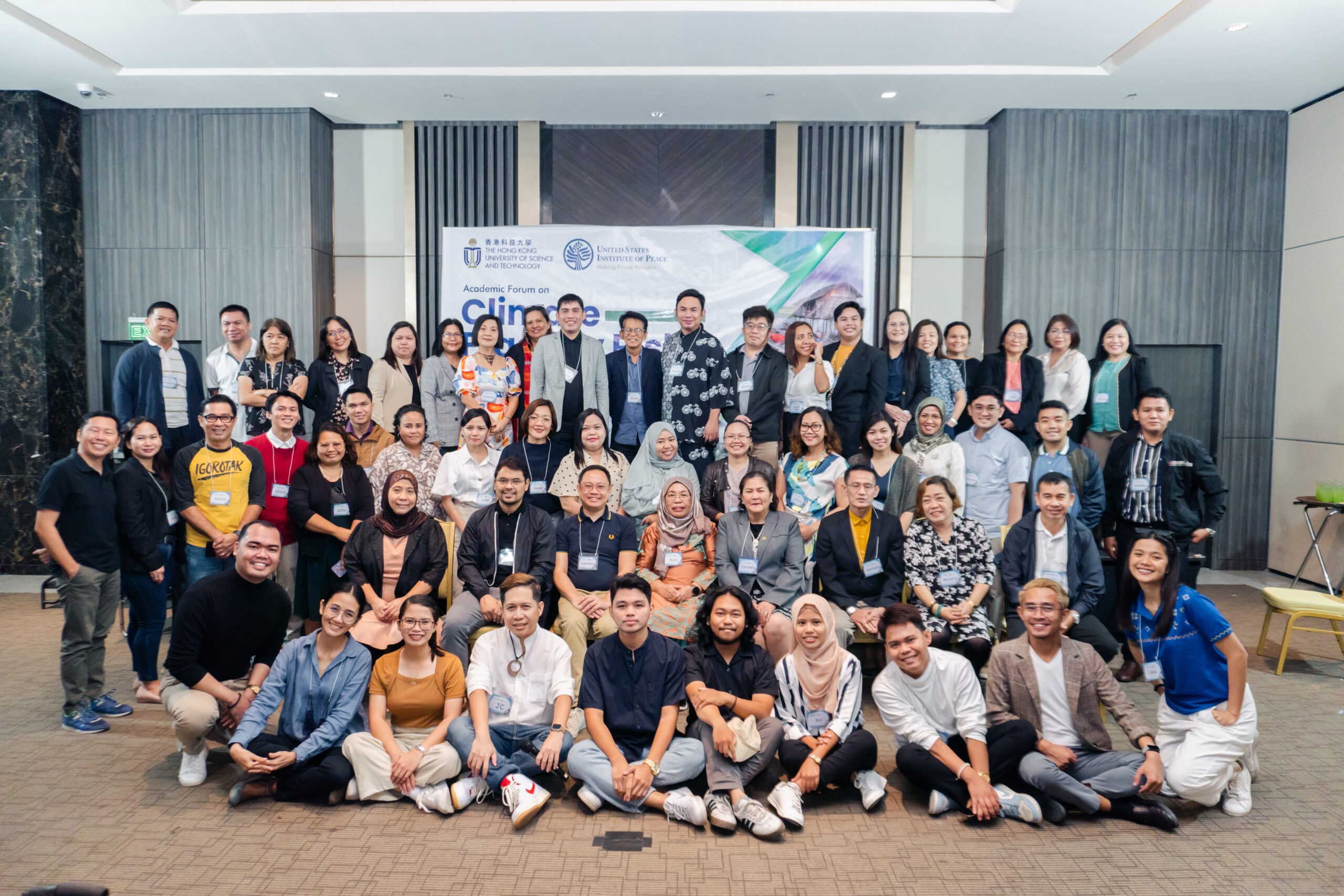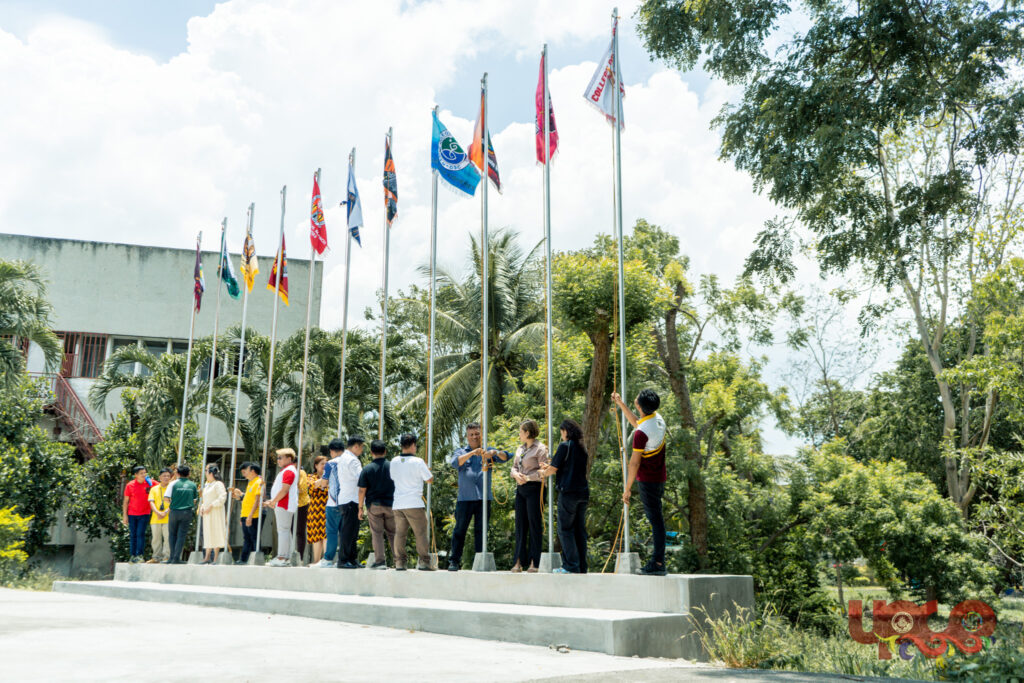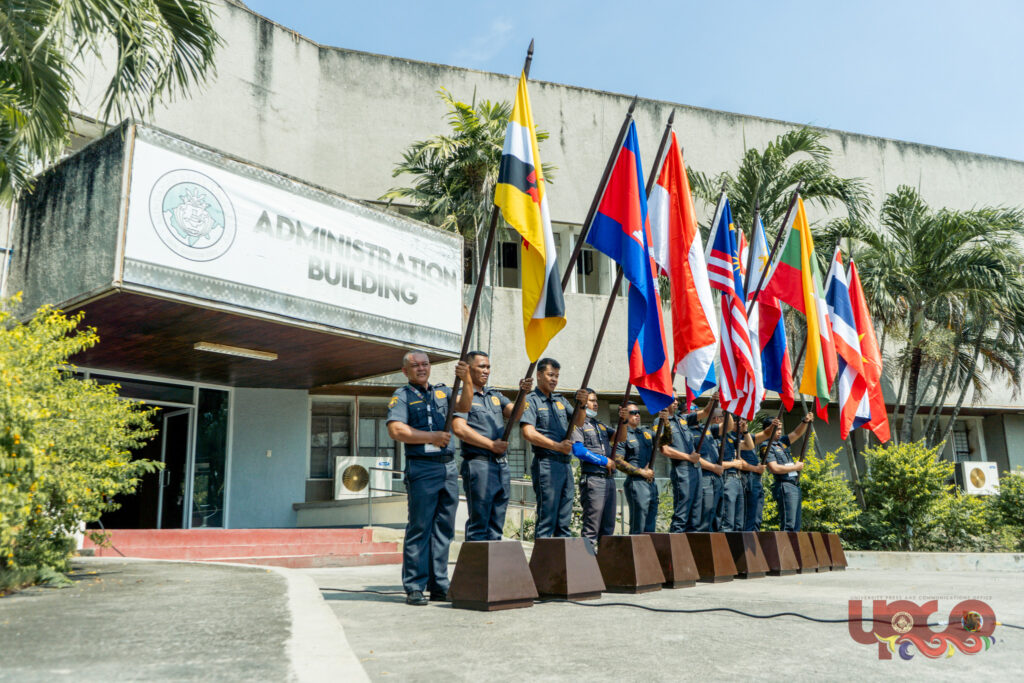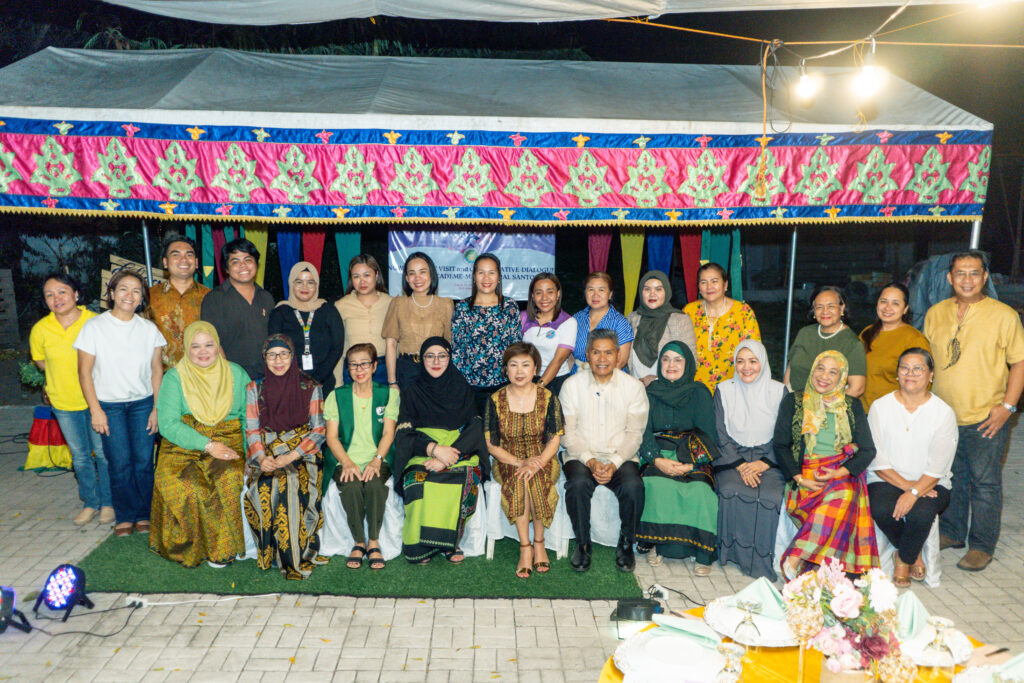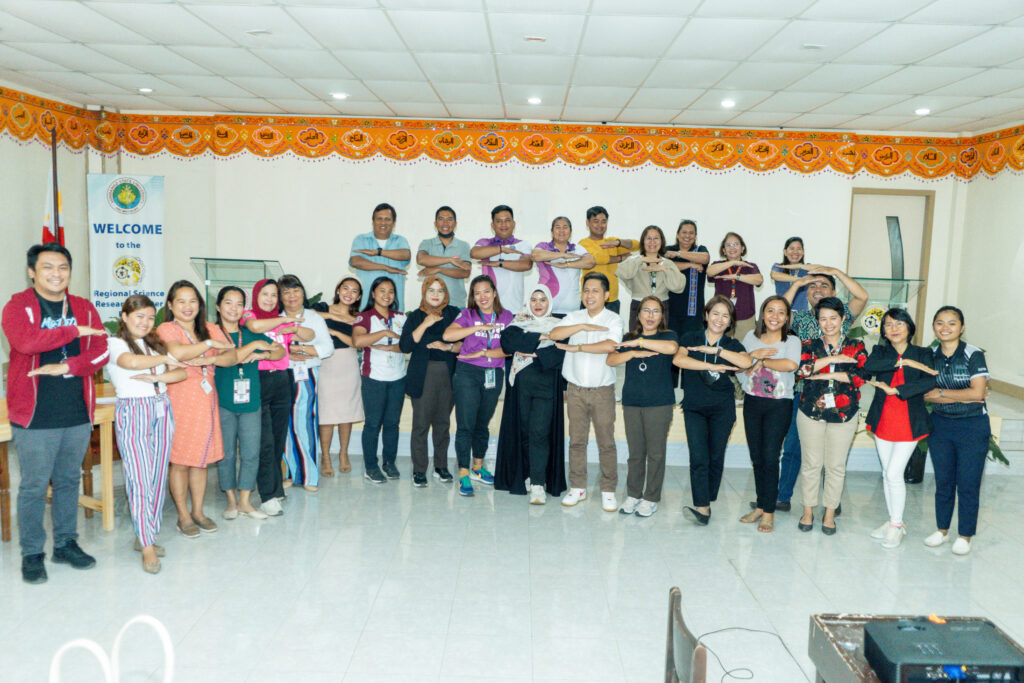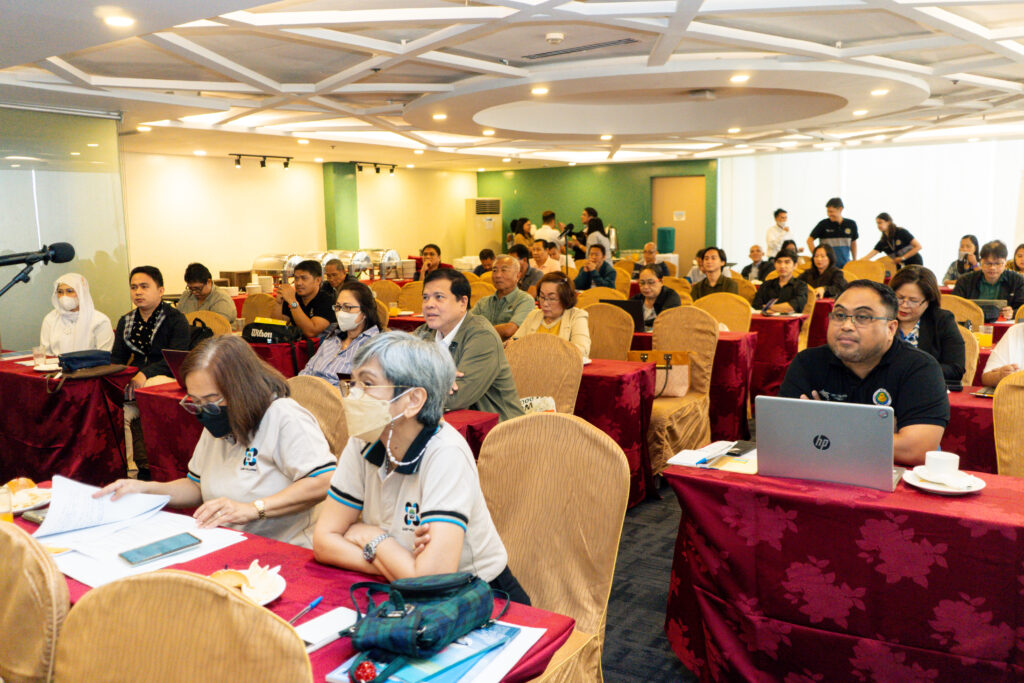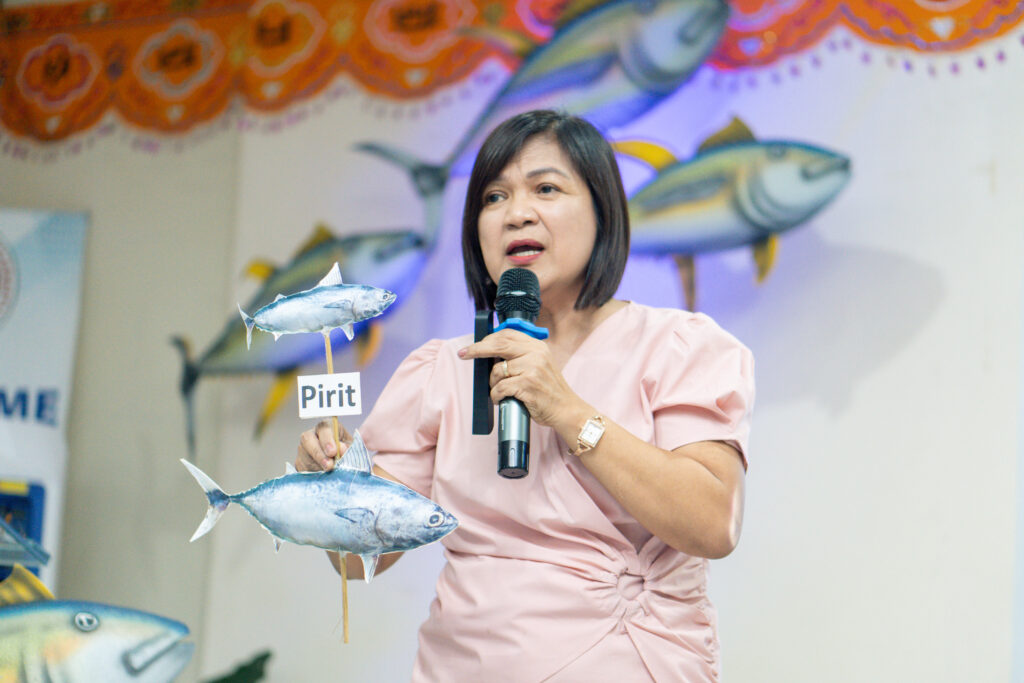Mindanao State University- General Santos through the College of Social Sciences and Humanities in partnership with the Hongkong University of Science and Technology and the United States Institute of Peace, conducted an Academic Forum on Climate Fragility Risks in the Bangsamoro on August 2, 2023, at the Grand Summit Hotel, General Santos.
The forum highlights the Presentation of the quantitative and spatial results of the study among academics and researchers from Notre Dame of Dadiangas University, Notre Dame of Marbel University, Mindanao State University-General Santos, and Sultan Kudarat State University.
In her welcome address, Dr. Carmela G. Ong, Dean of the College of Social Sciences and Humanities encouraged the guests and participants to actively participate in the discussion and acknowledge the importance of research to the community. “Through platforms such as this, we reaffirm our commitment to a better society, practice our expertise, and continue to inspire us to engage in research for a better future of our society,” Dr. Ong remarked.
Dr. Laurence L. Delina, the Project Leader who is an Assistant Professor of Environment and Sustainability at the Hongkong University of Science & Technology, presented the rationale and the findings of the study and reiterated the need to act on climate change. “We are very interested in learning the impact of climate change to everyone because each of us in this room, we bare the impacts of climate change,” Dr. Delina emphasized. He also reminded partner higher institutions to collaborate in research entering the era of collaboration, “The forum seeks to strengthen and encourage collaboration of HEIs in Region 12. We are not competitors, we are collaborators.”
Homer Pagkalinawan, a Geographic Information System Specialist, run through the data sets, sources, and tools used in conducting the study. “The study used a mixed method approach looking at both quantitative and qualitative data.” He added that the quantitative sources of information included a four-decade tracking of climate and rainfall data, vegetation health indices and land use changes, food process changes, as well as conflict incidence culled from data sets of the International Alert, a London-based think tank NGO, through its Bangsamoro Conflict Dataset Program.
Prof. Rufa Guiam, Anthropologist and Peace Studies expert, emphasized one key finding looking into climate change as a ‘threat multiplier.’ “The effects of extreme weather events exacerbate existing debilities in local governance and long-standing structural weaknesses that have pushed many communities to abject poverty.” She encouraged the academe to willingly interact with local organizations and forge partnership and to always bring back to the community and be mindful of the realities on the ground through research.
One of the professors from Notre Dame of Marbel University, Mr. Kloyde Caday, expressed his gratitude as a participant in the forum where academics were able to devote their time and expertise in championing environmental protection and peace. “Through the presentations of Dr. Delina, Mr. Pagkalinawan, and Professor Guiam, they depicted what meaningful research works should look like—data-driven, socially conscious, and output-based that resonate with the community’s voice. Intersectionality as a framework in research is interesting to expose how systems of power influence the struggles we are confronting and to prove that even supposed natural occurrences like climate conditions can be impacted by political and structural violence we don’t usually factor in. Lastly, this forum reminds us that research findings shouldn’t be confined to our papers and libraries, but be utilized for us to become better teachers, environmentalists, and advocates.”
Dr. Jovanie C. Espesor, Chairperson of the Coordinating Committee, served as the moderator of the event and led the question-and-answer portion during the workshop session. He also cited the value of doing research work, “As an ethnographer, it is important to be mindful of the realities in the ground from fieldwork.”
